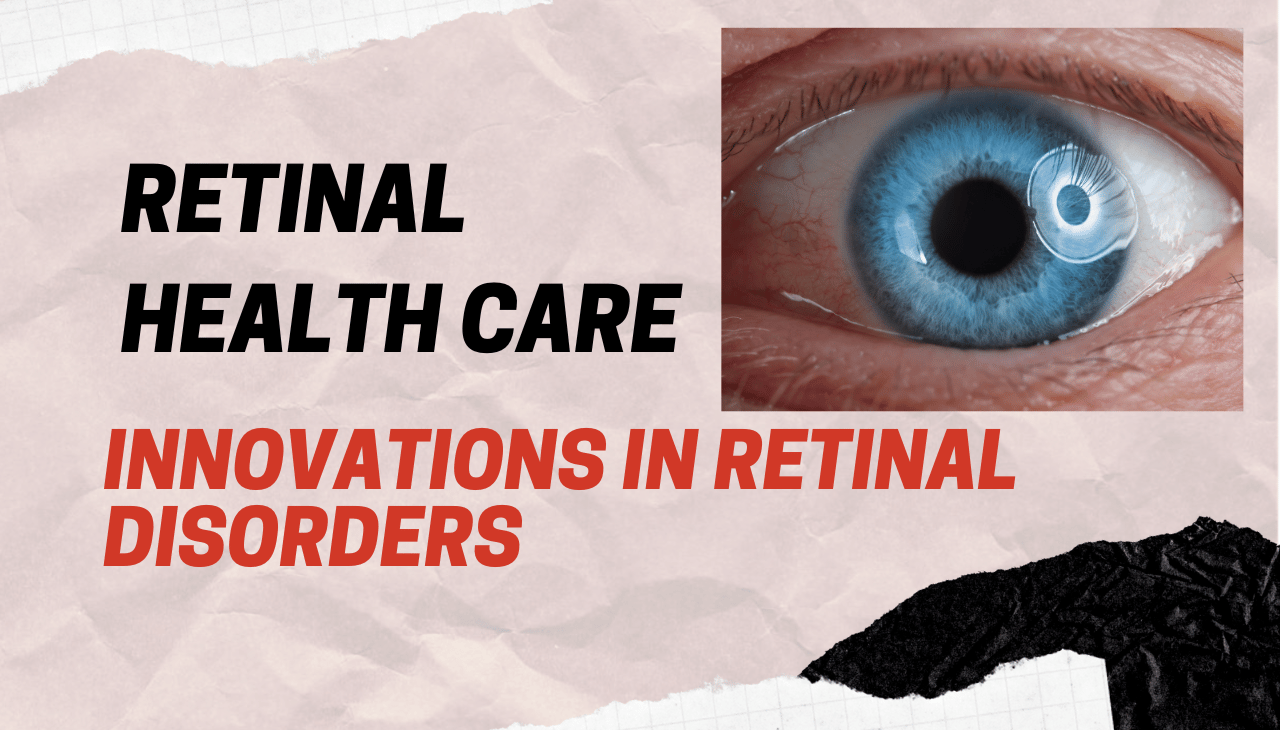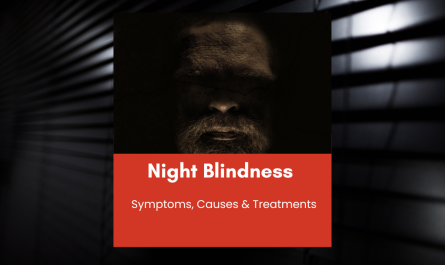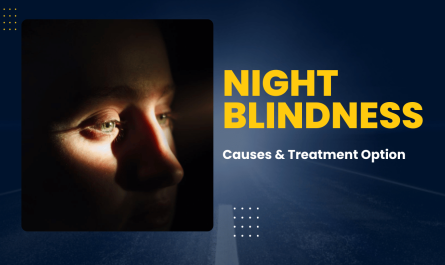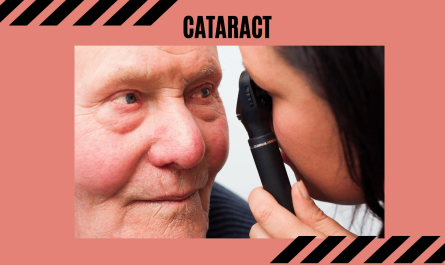Retinal health is critical to maintaining clear and sharp vision. With advancements in medical technology, the treatment of retinal disorders has evolved significantly, improving outcomes for millions of patients worldwide. As we approach 2025, innovations in retina care are transforming the way retinal diseases are diagnosed and treated. In this blog, we’ll explore the basics of retinal health, the common disorders affecting the retina, the latest Retinal treatment options, and what the future holds for retina care.
Understanding Retinal Health: The Basics
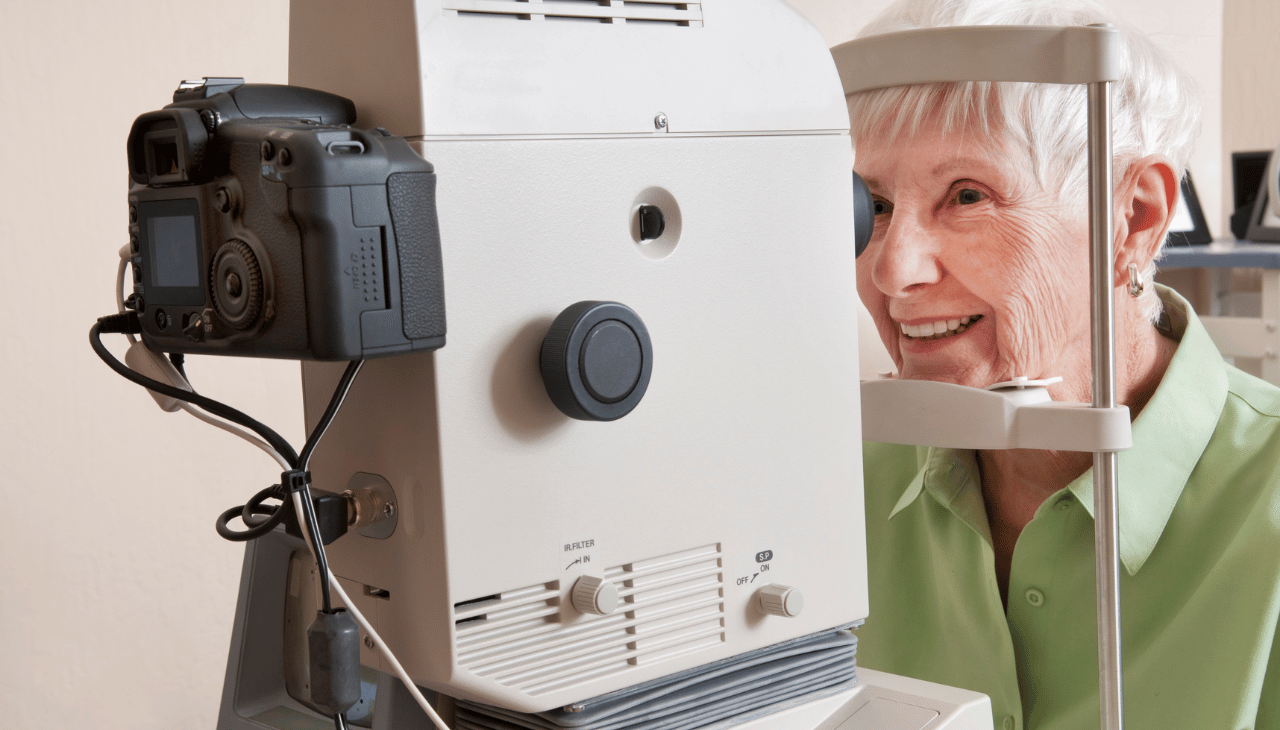
The retina is a thin layer of tissue at the back of the eye that plays a crucial role in vision. It captures light and converts it into electrical signals that are sent to the brain, allowing us to see. Any damage to the retina can lead to vision impairment or blindness. The retina contains specialized cells known as rods and cones, which detect light and color. Disorders that affect the retina can range from mild to severe, and in many cases, early detection and treatment can prevent permanent damage.
Key terms related to retinal health include:
- Macula: The central part of the retina responsible for sharp, detailed vision.
- Retinal Detachment: A condition where the retina separates from its underlying tissue, which can cause permanent vision loss if untreated.
- Diabetic Retinopathy: A common complication of diabetes that damages blood vessels in the retina.
- Age-Related Macular Degeneration (AMD): A leading cause of vision loss in older adults, characterized by the deterioration of the macula.
Causes and Symptoms of Retinal Disorders
There are several causes of retinal disorders, with some being genetic, while others are related to lifestyle factors or medical conditions. Common causes include:
- Age-Related Changes: As we age, the risk of developing retinal disorders increases. Conditions like AMD affect the macula, leading to blurred or distorted vision.
- Diabetes: Diabetic retinopathy is a major concern for individuals with uncontrolled diabetes. High blood sugar levels can damage the blood vessels in the retina, causing swelling and bleeding.
- Genetic Factors: Some retinal disorders, such as retinitis pigmentosa, are inherited and can cause gradual vision loss.
- Trauma or Injury: Eye injuries or surgeries can sometimes lead to retinal detachment or other complications.
- High Blood Pressure: Hypertension can cause changes in the retinal blood vessels, leading to a condition known as hypertensive retinopathy.
Treatment Options for Retinal Disorders
The Retina treatment of retinal disorders has seen significant improvements in recent years. Here are some of the latest innovations in retina care:
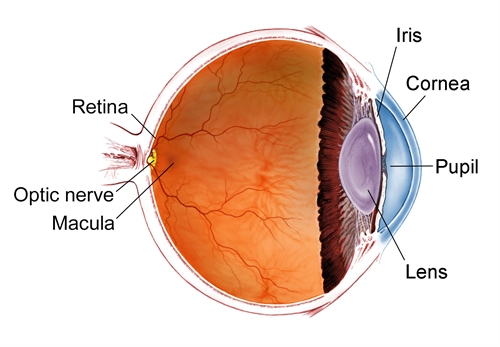
- Anti-VEGF Injections: For conditions like AMD and diabetic macular edema, anti-VEGF (vascular endothelial growth factor) injections are commonly used to prevent abnormal blood vessel growth in the retina. These injections help reduce swelling and improve vision.
- Laser Therapy: Laser treatments are still widely used to treat conditions like diabetic retinopathy and retinal vein occlusion. Laser surgery can help seal leaking blood vessels or create scar tissue to prevent retinal detachment.
- Retinal Detachment Surgery: Retinal detachment is a medical emergency that requires immediate attention. Advances in surgical techniques, such as pneumatic retinopexy (injecting a gas bubble into the eye to reattach the retina) and vitrectomy (removing the vitreous gel), have improved the success rates of retinal reattachment surgeries.
- Gene Therapy: Gene therapy is an emerging treatment for inherited retinal diseases. Clinical trials are underway to deliver healthy genes to the retina, potentially halting or even reversing vision loss caused by genetic conditions.
- Stem Cell Therapy: Stem cell research holds promise for regenerating damaged retinal cells. Although this treatment is still in the experimental stages, it offers hope for those with conditions that have no current cure.
- Artificial Retina Implants: In cases of severe retinal degeneration, an artificial retina, also known as a retinal prosthesis, can be implanted. This device helps restore some vision in patients who have lost most of their sight due to retinal diseases.
Expert Recommendations for Retinal Health
Taking care of your retina is essential for maintaining long-term vision health. Here are some expert recommendations for protecting your retina:
- Regular Eye Exams: Routine eye exams are crucial for early detection of retinal disorders. Many retinal diseases, such as diabetic retinopathy and AMD, don’t show symptoms in the early stages, so regular check-ups can help catch problems early.
- Manage Diabetes: If you have diabetes, controlling your blood sugar levels is essential to prevent diabetic retinopathy. Work with your healthcare provider to develop a management plan for your diabetes.
- Protect Your Eyes from UV Light: Exposure to UV rays can increase the risk of retinal damage. Always wear sunglasses with UV protection when outdoors.
- Quit Smoking: Smoking increases the risk of developing AMD and other retinal conditions. Quitting smoking can improve overall eye health and reduce the risk of vision loss.
- Eat a Retina-Friendly Diet: A diet rich in antioxidants, vitamins C and E, and omega-3 fatty acids can help maintain retinal health. Foods like leafy greens, fish, and berries are excellent choices for eye health.
Consultation at Laxmi Eye Hospital
If you’re concerned about your retinal health, don’t wait for symptoms to worsen. Laxmi Eye Hospital is one of the largest chains of eye hospitals in Mumbai, known for its excellence in eye care for over 30 years. The hospital’s experienced team of ophthalmologists specializes in various aspects of eye care, including retina treatment, cataract surgery, LASIK, glaucoma care, and pediatric ophthalmology.
Laxmi Eye Hospital offers state-of-the-art diagnostic tools and treatment options for retinal disorders. Whether you’re dealing with diabetic retinopathy, retinal detachment, or age-related macular degeneration, the hospital’s team is equipped with the latest techniques to provide effective care.
With locations in Panvel, Kharghar, Kamothe, and Dombivli, Laxmi Eye Institute is easily accessible. Their highly qualified specialists ensure transparency in treatment and personalized care for each patient.
Consultation Details:
- Laxmi Eye Clinic (Dombivli): 1st Floor, Laxmi Eye Institute, SS Business Park, Gharda Circle, Azde Gaon, Tata Power Company Limited, Dombivli East, Mumbai, Maharashtra 421201
- Laxmi Eye Clinic (Kharghar): Office 108, 109, and 110, 1st Floor, Anant CHS Plot 31, Sector 04, Kharghar, Navi Mumbai, Maharashtra 410210
- Laxmi Eye Hospital & Institute (Panvel): Mulla Hamid Rd, Old Panvel, Panvel, Navi Mumbai, Maharashtra 410206
- Laxmi Eye Institute (Kamothe): Shop No 26/27, Near ICICI Bank, Kamothe, Navi Mumbai, Maharashtra 410209, India
To schedule a consultation, visit their website or call their clinic for more information.
FAQs
- What is the best treatment for diabetic retinopathy?
- Anti-VEGF injections and laser therapy are the most common treatments for diabetic retinopathy.
- How can I prevent retinal detachment?
- Regular eye check-ups, especially if you have conditions like diabetes or high blood pressure, can help detect risks early.
- Is gene therapy effective for retinal disorders?
- While still in the experimental phase, gene therapy shows promise for treating genetic retinal diseases.
- Can lifestyle changes improve my retinal health?
- Yes, managing diabetes, avoiding smoking, and eating a healthy diet can significantly improve retinal health.
- How often should I get my eyes checked?
- If you’re over 40 or have risk factors for retinal diseases, annual eye exams are recommended.
Conclusion
Retinal health is essential for maintaining vision, and with the innovations in retina care in 2025, there’s hope for better treatments and outcomes. Whether it’s through advanced therapies, stem cell research, or artificial retina implants, the future of retinal health looks promising. Regular eye exams, managing health conditions, and making healthy lifestyle choices can help protect your vision. For expert consultation and state-of-the-art treatment, consider visiting Laxmi Eye Hospital, where experienced professionals are ready to provide top-notch eye care.

